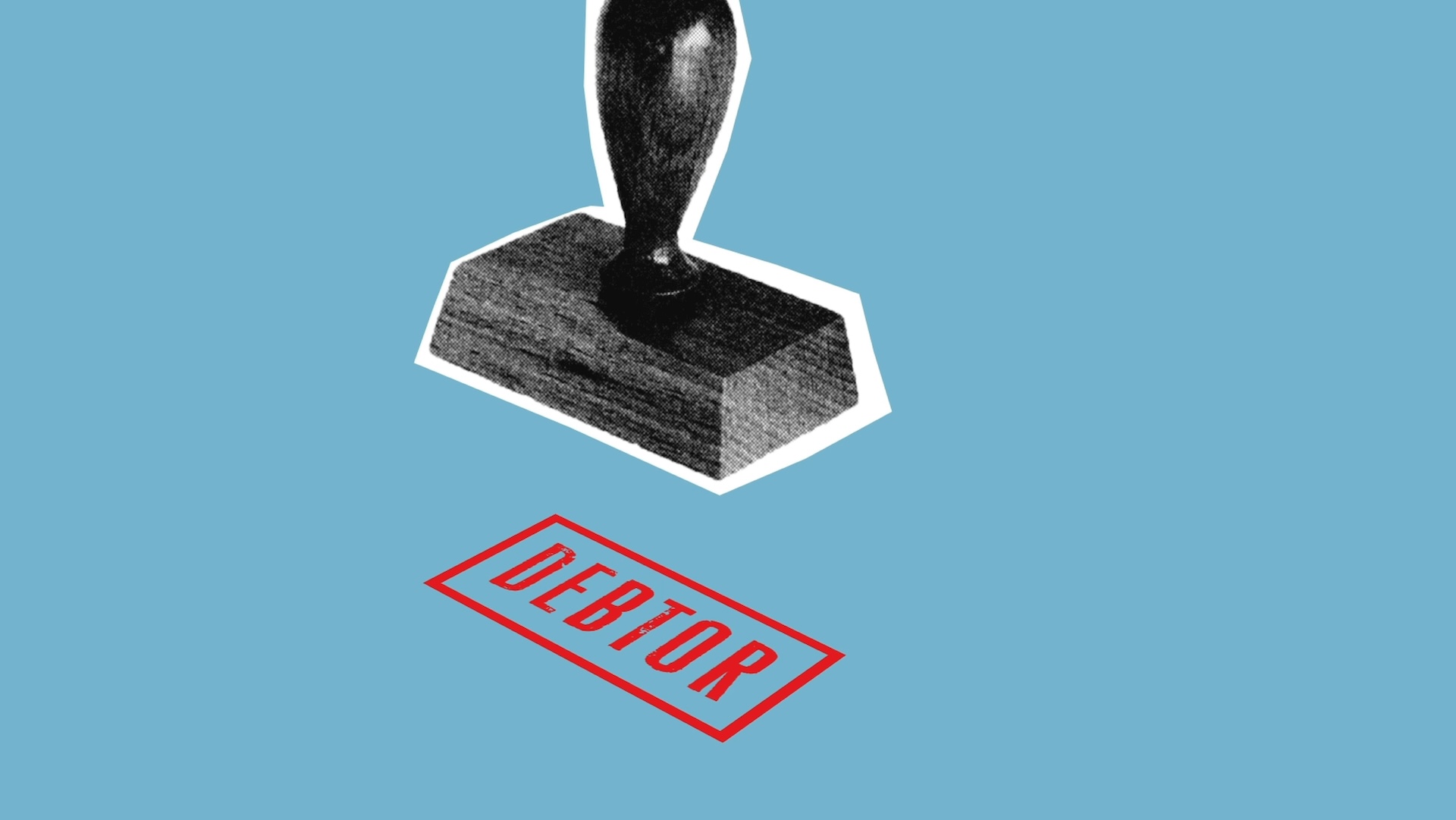In Blackpool South, the worst affected constituency, two-thirds of families on universal credit had money deducted from their accounts. It reduced the average level of support for everyday costs like food and travel by 11.2%.
Sam Tims, senior economist at the NEF, said: “The social security system should provide a safety net for us all. But low-income families are trapped in a vicious cycle of debt due to insufficient wages and state support and the relentless pursuit of debts that built up as a result.”
The DWP automatically deducts money from universal credit payments when claimants are in debt, including to a private landlord, utility company or the DWP itself. This includes in cases where overpayments have been made in error.
Deductions can trap low-income families in cycles of poverty and debt.
Current levels of out-of-work benefits including universal credit are at their lowest levels in 40 years, according to previous research by the NEF. Between 2010/11 and 2019/20, working-age social security was cut by £29bn.
Universal credit is insufficient for people to afford the essentials even without any deductions. The Joseph Rowntree Foundation estimates that universal credit falls short by around £120 each month.
Advertising helps fund Big Issue’s mission to end poverty
The five-week wait for universal credit, which leaves people without support before they start receiving benefit payments, makes matters worse for people struggling to pay their bills.
They can ask for an advance from the DWP but this then leaves them in debt.
In February 2023, 730,000 households (16%) lost money to pay back an advance from the DWP to cover the five-week wait to receive their first universal credit payment.
Tims added: “Cuts to already meagre levels of universal credit have made it harder for people to afford the basics like food on the table and a warm home. The mental and physical strain this creates makes it more likely that they will be forced to take time off work.”
The Big Issue previously spoke to a single mother who was falsely accused of owing the DWP £12,000.
“I’m absolutely devastated because it changed everything for me,” she said. “Getting that letter and thinking that I’d have to pay that back made me very fearful of ever claiming again.”
Advertising helps fund Big Issue’s mission to end poverty
The household support fund currently gives vulnerable people financial support in times of crisis but it is due to end in September. In 2022/23 these payments were worth £943m across England.
Without an extension, money lost to debt deductions will be 13 times higher than local crisis support available to working-age low-income families, the NEF estimates.
It recommends that the next government makes the household support fund permanent and lowers the maximum amount which the DWP can deduct from each universal credit payment from 25% to 15%.
Tims said: “If we want an economy that allows everyone to thrive, the next government must guarantee that social security covers people’s essentials and ensure this guarantee isn’t undermined by the pursuit of debt.”
Do you have a story to tell or opinions to share about this? We want to hear from you. Get in touch and tell us more.





